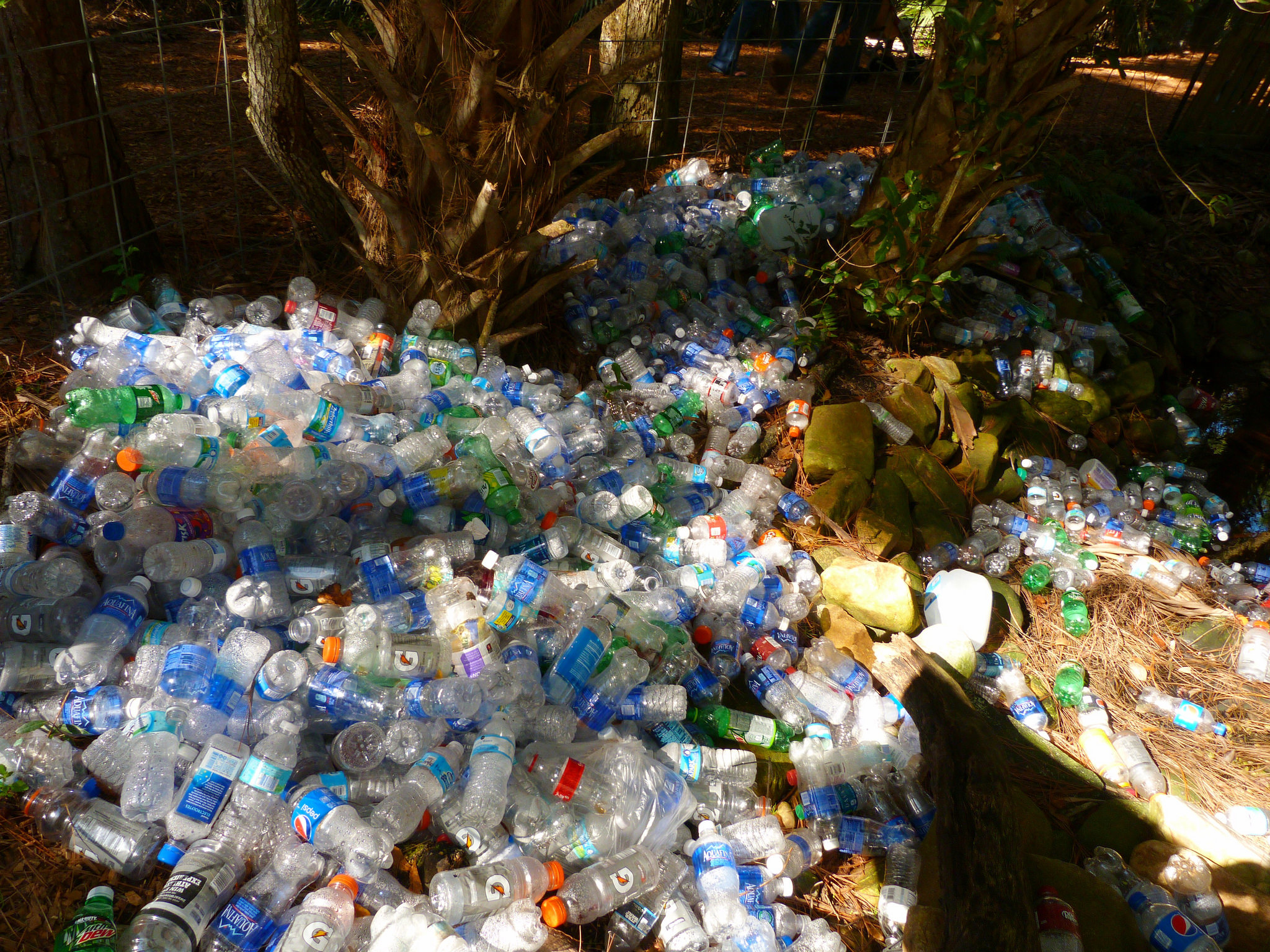
- Sustainable Planet -
- 3mins -
- 229 views
New Delhi disposes of disposable plastic
India’s capital is now banning all disposable plastic.
India plays a big part in plastic littering, but now it’s starting to play a big part in counteracting to plastic waste. Watch the video below.

Plastic Waste
Plastic is one of the most harmful materials to our environment. It doesn’t break down and thus remains litter for eternity. It is unfortunately also one of the most used disposable materials on earth. From bags to cups to packaging; plastic can be used for almost every means and it is. Unfortunately due to our littering habits, this material ends up as waste and pollutes our environment.
The facts about plasticand about plastic waste are shocking:
- 50% of the plastic is used just once and then thrown away.
- We only recover 5% of the plastic we use.
- Our body absorbs plastic chemicals
- Almost every piece of plastic that has ever been made still exists as waste on this earth.
- By 2050, the oceans will contain more plastic than fish in weight.
Sea Life
Oceans take the hardest hit when it comes to plastic waste. 10% of the plastic we use yearly end up in the ocean. 10% translates to about 700 billion plastic bottles: 8.8 million metric tons of plastic.
The Great Pacific Garbage patch is an island composed of plastic with the size of India Europeand Mexico combined.
But the plastic that doesn’t remain in once piece is just as harmful. As stated before, plastic never fully breaks down, but becomes tiny pieces and these micro plastics also end up in the ocean where it has a devastating effect on this fragile ecosystem.
It harms plants and animals both in the water and on shores.

Plastic Ban
13 out of the 20 most polluted cities on earth are in India: this country makes up about 60% of plastic littering worldwide.
But the capital city New Delhi, is now banning all disposable plastic: from PET-bottles to shopping bags to cups and cutlery: everything! The National Green Tribunal has prohibited all single-use plastic.
“All the corporations … and other public authorities, including NCT of Delhi, are directed to take immediate steps for reduction and utilization of dumped waste.”
The ban in New Delhi will have a great impact on the quality of air and on sea-life.
Change is a-coming
The initiative to ban plastic in New Delhi is an amazing step forward for planet earth. And fortunately, itisn’t the only initiative to fight against the plastic pollution.
Boyan Slat is working on The Ocean Cleanup, ridding the oceans of plastic by means of a 100 metre-long floating V-shaped barrier. Adidas has launched trainers that are made from ocean plastic. And two surfers have created ocean bins, to rid the ocean of plastic and other floating waste.
But next to the removing of the plastic that is already in the ocean, more and more initiatives are set up to prevent the use of traditional plastic. Scientists have found a way to turn discarded shrimp cells into degradable plastic and even chicken feathers can be turned intobiodegradable plastic.
Though it’ll be a long, long road, if we continue starting and supporting these initiatives, we can make a great difference and even clean this planet of ours!

